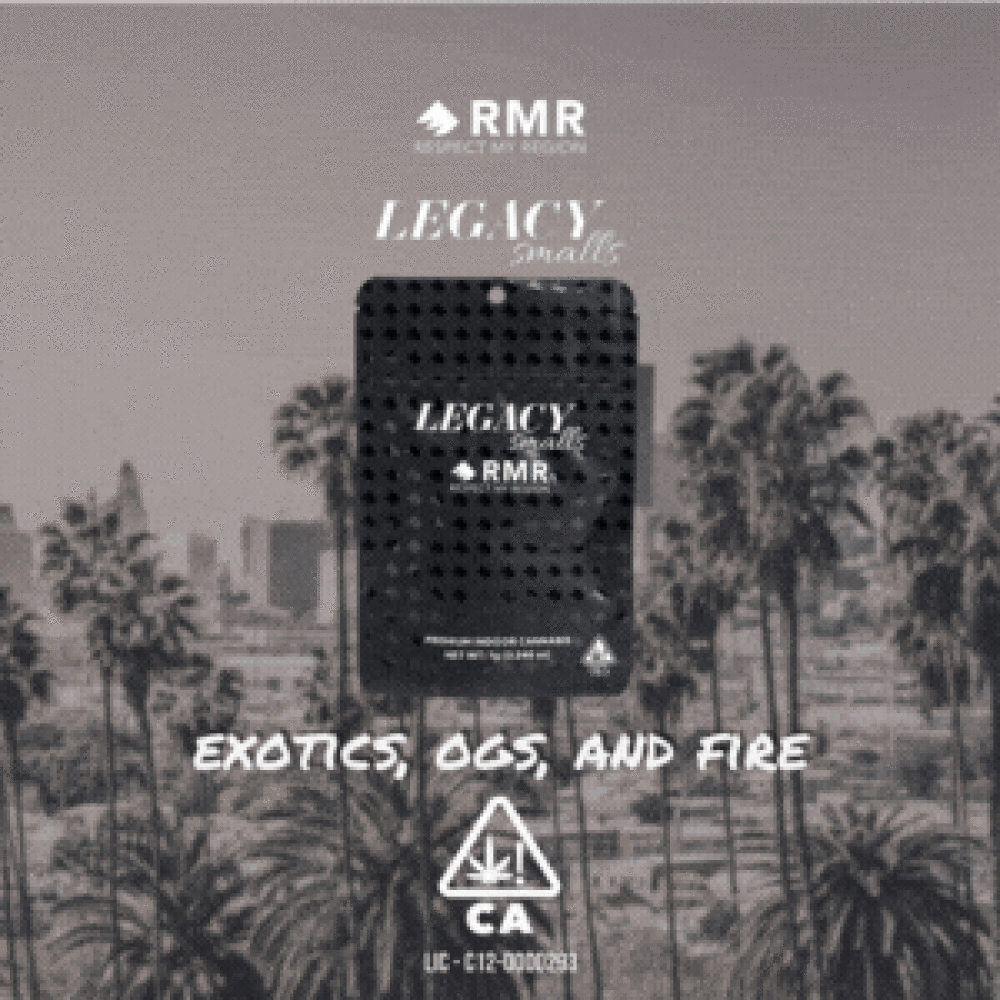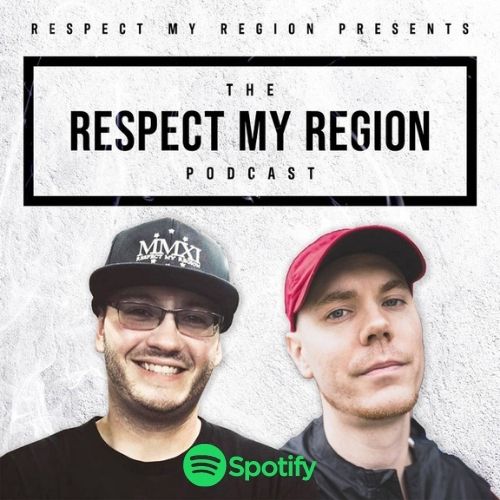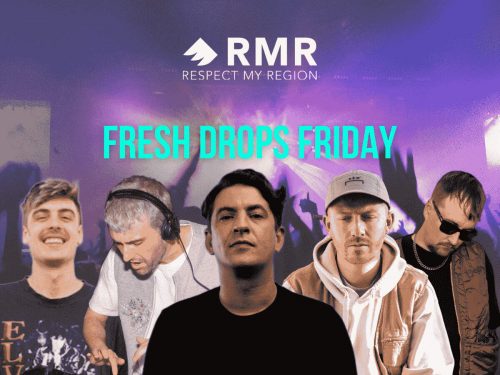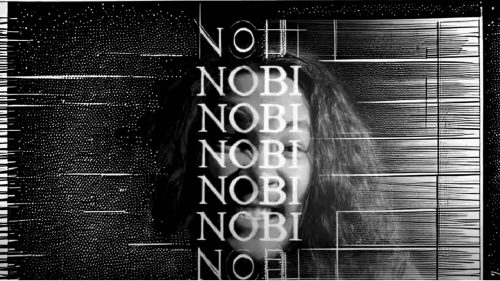Sixteen years in the industry has refined and pushed Eric Sharp, a health-conscious DJ, producer, and remixer, to continuously create the best version of himself and his music. He continues to make new and exciting tracks, while playing all over the country, energizing crowds from festivals to the LA nightclub scene.
Who is Eric Sharp?
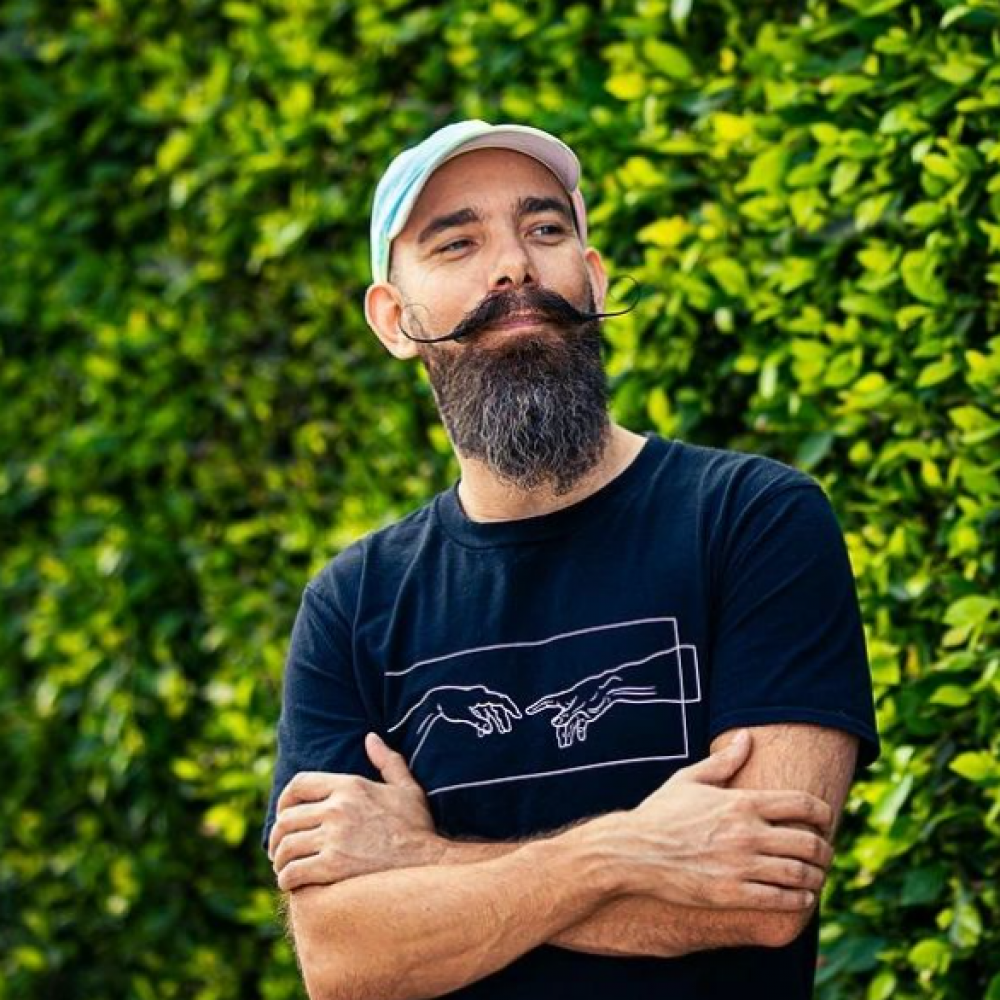
Photo via Instagram
His first introduction to the music industry was promoting underground warehouse parties. From there he got a taste of the music he’d soon spend much of his life making. Putting his passion into action, his music was then discovered and used by Major League Soccer, Sony, CSI: Miami, Hitachi, among other collaborations. His success continued when electronic music became more widespread across America; Eric took his sound above ground, playing for club residencies and festival performances like Burning Man, Coachella, Outside Lands, SXSW, and Miami Music Week, among other big-ticket events.
On Spotify, Eric’s dance music has garnered over half a million streams, appearing on several official playlists. He recently released his newest EP “Emergence,” complete with insightful and thought-provoking lyrics on infectious beats. In an exclusive interview with Eric Sharp, we learned about his inspirations for the album, mental health journey, top-tier mustache, and more.
RMR x Eric Sharp Exclusive Interview
RMR: What inspired the creation of the gift, on your EP Emergence?
Eric Sharp: That was a collaboration with a songwriter named Zhao who I’ve worked with on a number of tracks, but he was in a bit of a creative dark space when I hit him up. And it’s so funny because this is a dude where music just flows out of him and is completely effortless for him, so I was disappointed, but obviously, everyone was going through stuff then.
And then out of nowhere, I think a few weeks later he just sends me this like very basic musical arrangement and this spoken-word piece over it. It just grabbed me because I have a lot of thoughts and feelings about capitalism and about how we’ve turned art into content. But at that time specifically, I had a lot of thoughts and feelings about the stratification of wealth, during the most difficult time in my life.
The whole COVID-19 thing is our generation’s world war II, or just like this massive thing that happened, that is collective trauma that affected everybody all at once. So I was having feelings about the fact that that is happening. And even during this time, when so many people need so much help, the wealth gap is getting bigger, and the people that are on top are profiting off of this disaster in a lot of ways.
So, I really was inspired based on how much I felt strongly that the words he said were a message that needed to be heard that I wanted to bring it to life and just create a track around it that would showcase the spoken word and hopefully they reach more people.
RMR: What does it mean to live like water in your song”Like Water”?
Eric Sharp: The hook there is inspired by a Bruce Lee quote. Basically, the saying is to be like water– to be flexible and not rigid. Doe Paoro, who I wrote the song with, is an incredibly spiritual person. She is just an amazing human being and her energy is awesome. She teaches meditation classes and breathwork, so I felt like we could kind of connect on a little bit of a woo sort of spiritual level.
The song is really about going with the flow, just being in the moment, and not clouding every experience with our expectations of what we want it to be; not fighting against the tide and fighting against the current, but just going with things that we have.
RMR: What would you say inspires you the most in music to create?
Eric Sharp: I find being a DJ to be so incredibly inspiring because writing music in the studio is very much delayed gratification.
Like you spend a lot of time on things and then it takes a long time for it to come out; there’s a delay that it takes time to create a song or a track, to finish it, to mix it, to master it, and then to come up with a release plan and then execute that release plan. And then, then beyond that, like some tracks resonate and go really far and some of them flop. So it’s not the best ratio all the time.
Whereas with performance, gratification is instantaneous. By and large, most of the time when you’re DJ-ing, there’s a positive feedback loop where you play a track, and if you know what you’re doing, people go crazy. Then you feel so great because it’s like this instant gratification or instant feedback or instant resonance with people. And then you take that energy, bring it back to them, and then it builds.
So, that’s a big inspiration for the music that I create, and then I also just draw from my life experiences. When I’m thinking about writing lyrics and songwriting, I want to express a mood or crystallize some kind of sentiment that’s happening in the world, that I have strong feelings about it. Music is just an incredibly powerful outlet to release those things, crystallizing it into creative work and not just have the things floating around in my head or my body. Listening to music also inspires me to create sometimes too. Sometimes I hear things and I’m like, oh man, I want to make something like that.
RMR: How would you describe your music taste?
Eric Sharp: It’s very eclectic. I mean, I’ve been pretty deep in house music for about 25 years now, so I definitely have like a depth and breadth of knowledge across like almost every house genre, dipping into techno, drum and bass, electro, and all these different musical movements that have just sort of happened as I’ve been a part of this community and scene.
I grew up loving grunge, rock, hip hop, classic rock, and heavy metal. And honestly, when it comes to a truly great song, it doesn’t matter what genre it is, it will transcend that.
A lot of the time when I’m listening to music outside of the dance world, I just try to listen to really great songs. I love Johnny Cash and Bob Dylan. I guess Americano would be their genre, but there’s like, they just write these songs that are just full of metaphors, it’s amazing. I’m very inspired by lyrics when I’m listening to music, but I can vibe out to all kinds of different stuff for sure.
RMR: What would you say is the best venue for your music to be played in?
Eric Sharp: I like medium-sized rooms, that’s my favorite. And if it’s a focused dance floor, magic happens. Ideally, maybe a 500 or 600-capacity room is ideal for the kinds of music that I like to play. I don’t think there’s enough of them in America, but we have a couple in LA that are great.
When I get to play bigger stages, that’s also awesome. But I almost feel like it’s just not quite as electric. Like when you see a big room DJ playing the main stage, it’s iconic because the builds, the drops, and the production with the lighting, are all there.
House music on the other hand is more about a consistent vibe that ebbs and flows. You can take people on these journeys where you can start off kind of deep and introspective, and then you can build it up into more aggressive stuff and take it back down–those are the DJ sets that I love to play and that I love to experience as a fan. The other thing is with a smaller room, you have a higher percentage of people that are actually fans of the artists, whereas when you have like a massive event with 30 different headliners, there’s just going to be a lot of people there for whatever reason at any given moment at any given stage.
RMR: What led you to pursue music as your full-time career?
Eric Sharp: I just felt so called to do it. From the minute I bought a turntable, I was locked to them. I didn’t do it full-time right away, but it just grabbed me like very few things in life ever have.
The feeling I get when I’m playing in a good room with a good sound system to a proper crowd is like nothing else I’ve ever experienced. I kind of chase that and I value freedom, flexibility, adventure, and passion, more than I value comfort and stability. This is not to say that I don’t want comfort and stability, I absolutely want those things, but if I have to choose between the two, I choose a life of adventure. It took a really big risk to step out into being a full-time artist and it hasn’t gone perfectly. There’s been ups and downs, but it’s been 12 years since I’ve had a day job and I’ve been able to support myself so far.
I also came into this whole thing as a dancer and dancing to house music changed my life in such a positive way. It had such an uplifting impression on me and I could go out, hit the dance floor, and it didn’t matter what kind of difficulty I was going through in my life–it would all just evaporate and I would just feel one with the music, the moment, the crowd, and one with the universe. I want to bring that energy and that music to people, so they can have that experience for themselves.
RMR: You’re also a big proponent of wellness. How do you achieve wellness in your life?
Eric Sharp: I have a lot of discipline around that. That’s probably the most routine aspect of my life. I’m working on becoming better at having a routine for other tasks, but my physical fitness is a huge priority for me. I lift weights at the gym five days a week and make sure to get in some cardio. I take really good care in my diet and eat a balanced mix of highly organic and locally grown vegetables. In terms of taking care of my mental health, I have a lot of practices around that and a really strong support network.
I try to constantly be exploring like new modalities and ways to address my mental health to take care of myself. I put a big emphasis on it because I feel that the more I grow as a person, the more I have to offer the world. Specifically, through a creative medium, it expands my capacity to bring positive energy through my DJ sets and through my musical production.
I live in a place now where it’s cool to be healthy in Los Angeles, where it’s really a trend to take care of your body and mind, although I don’t think that that’s the case everywhere in America and I would love to be a part of spreading that and making it cool, not just here, but in the Midwest as well. I think that life is a gift and we have one shot; I’d love to inspire people to honor that and to take care of their vessel.
RMR: When you are knocked off your routine, how do you decompress, and come back to what you were doing?
Eric Sharp: If I have a particularly grueling patch in my schedule, which does happen more frequently in the summer here, cause there’s like a billion rooftops in pools and stuff like that, it just takes me a little downtime to rest. Something I’ve implemented recently is making sure to take one full day off a week, where I might work out or do self-care, but I’m not doing social media.
During this day I’m not even thinking about my career, I’m just refreshing and restoring; that’s been really, really helpful for me. That balance is really important because it’s easy to work at a burnout pace. The competition’s crazy, you feel like you always have to be putting yourself out there.
I’m also gentle with myself. If I get knocked off my routine, say if I train my legs on Tuesday instead of Monday, does it really matter? No.
RMR: When did you start paying attention to your mental health?
Eric Sharp: I’m a recovering alcoholic and I got sober really young at 16. To work in a spiritual program of recovery, you have to take care of your mental health. My mental health was in really bad shape, so it’s been, kind of a necessity for me to take care of that aspect of myself and to learn and grow over time. I don’t think we really get to stagnate or go on autopilot with this particular thing, so I try to continue moving forward and grow. For the bulk of my adult life, it’s been a big priority for me, and had I not been through what I’d been through with addiction, I may not have such a focus on mental health.
I think for a lot of my life, there’s been a stigma about mental health, where if someone has a mental illness, they are judged for it. There are so many stressors and many things to be anxious about including the economy and disastrous climate change; we’re going through a lot, so I think acknowledging that it’s like really important.
RMR: I want to ask about your mustache because it is a part of your iconic look. What goes into the upkeep? What’s your secret?
Eric Sharp: Well, first off, thank you for calling it an iconic look; that’s very kind of you. I’ve had this for about 10 years and I twirl it almost every day. I keep my facial hair hydrated with beard oils so that doesn’t wick moisture out of my skin. And then for the part that I twirl, I use this German mustache wax, called Dr. Ditmar; it’s by far the best one I’ve found. It has a really strong hold and smells good. For instance, I can ride my motorcycle and it doesn’t fall down. The only thing that really kills it is humidity because it is water-soluble.
I didn’t use to have a beard; I just had a mustache. So, I had to twirl it every single day or it would look ridiculous. But now if there’s a day where I either don’t have time or don’t feel like it, I just comb it into my beard. I grew the beard a couple of years after I moved to LA, around 2014 or 2015. I grew the beard and yeah, I started growing a mustache in 2010. So I guess for seven years it has been roughly the same, although I do little different things with how it’s styled and grown because I also do see a barber, like every two to three weeks, to make sure that like the edges are maintained and it doesn’t get out of control.


![Eric Sharp Discusses Emergence EP, Mental Health Advocacy, and More [Exclusive Interview]](https://www.respectmyregion.com/wp-content/uploads/2022/05/ericsharp.jpg)
